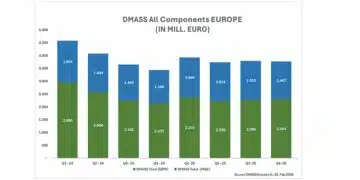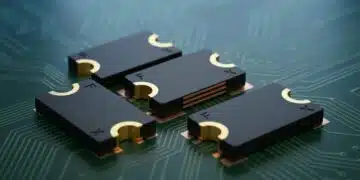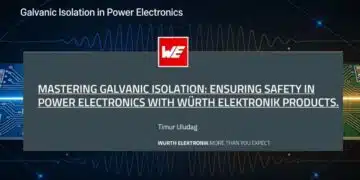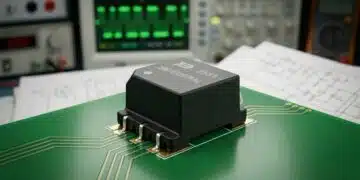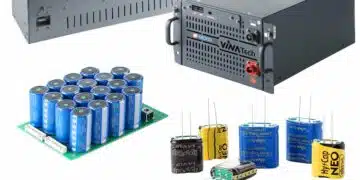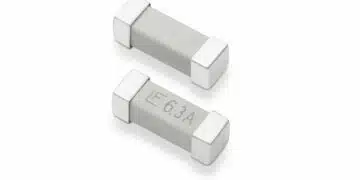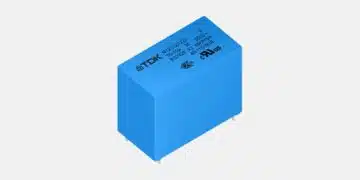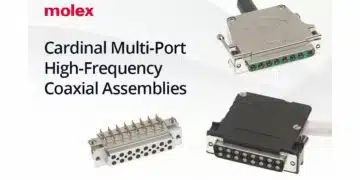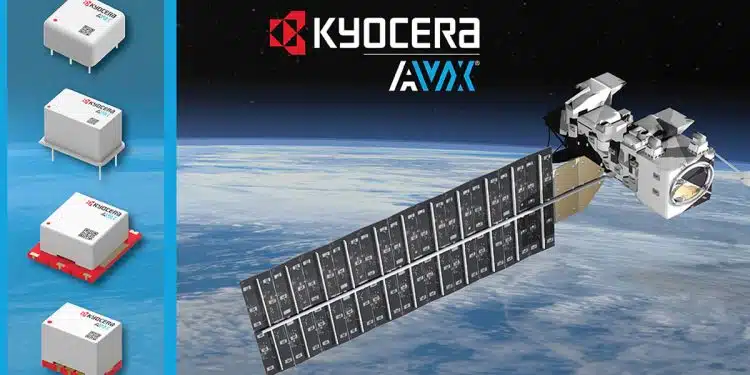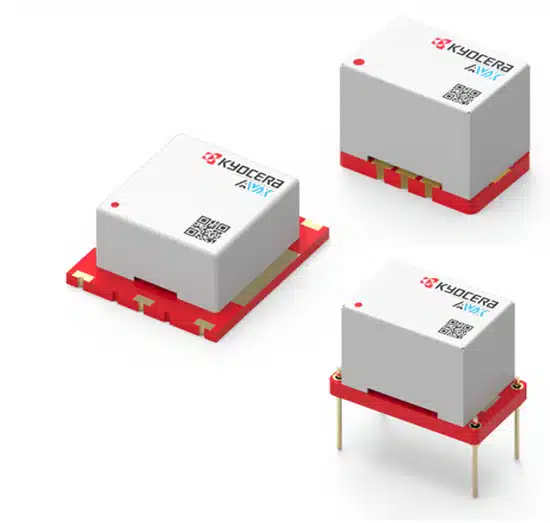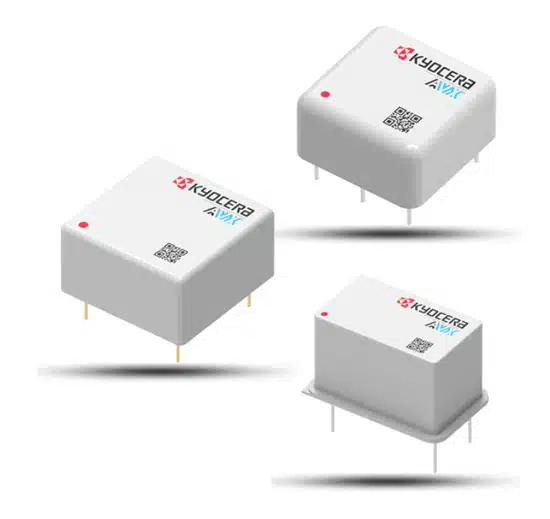The new KYOCERA AVX high-performance, voltage-controlled KOV and KLN Series OCXOs employ modern layout topologies and robust designs backed by more than 90 years’ experience in the frequency control solutions industry and deliver superior performance in a wide variety of networking, industrial, medical, test and measurement, military, aerospace, and oil and gas applications.
KYOCERA AVX, a leading global manufacturer of advanced electronic components engineered to accelerate technological innovation and build a better future, has released its first oven-controlled crystal oscillator (OCXO) products.
The new high-performance OCXO products are the latest addition to the company’s line of frequency control solutions and are backed by more than 90 years of experience serving that industry and manufactured in the USA.
OCXOs are temperature-controlled devices that maintain a quartz crystal’s constant operating temperature in order to prevent changes in the specified frequency that would otherwise result from variations in ambient temperature.
They are widely used in applications including network infrastructure, backhaul communications, test and measurement systems, industrial equipment, medical equipment, such as MRIs, military equipment, aerospace equipment, such as satcom up and down converters and military and commercial drones, oil and gas sensors, precision timing and clock sources, and GPS precision timing devices.
KYOCERA AVX’s new KOV Series standard voltage-controlled OCXOs and KLN Series low-noise voltage-controlled OCXOs employ modern layout topologies and robust designs that deliver excellent performance in these and other applications and allow customers to achieve a super stable frequency in the form of a sinewave or a super stable timing source in the form of a CMOS clock output.
KOV and KLN Series OCXOs exhibit high stability over a wide range of operating temperatures (10–50MHz ±5ppb and 50–120MHz ±10ppb from -40°C to +85°C), low jitter, which results in superior stability and allows customers to use them as the primary frequency source in their RF chain, and low phase noise and exceptional aging characteristics, with very little frequency deviation over more than 20 years of continuous operation.
They are available in multiple through-hole and surface-mount package sizes and with two output types: sine and complementary metal oxide semiconductor transistor transistor logic (CMOS/TTL). Both series are also REACH and RoHS compliant, and several variants are compliant with Export Administration Regulation 99 (EAR99) and ITAR/EAR 3A001.b.10.
KOV Series standard voltage-controlled OCXOs offer a wide frequency range, extending from 10–120MHz, have a quick warm-up time, and exhibit low phase noise (e.g., 120dBc/Hz at 10Hz offset and -145dBc/Hz at 1kHz offset, both with a 10MHz center frequency).
They are currently available in five surface-mount package sizes (9×14, 14-pin DIP, 20×20, 22×25, and 25x25mm) rated for 3.3V or 5V supply voltages and are ideal for use in 5G picocell applications in addition to the aforementioned applications. Shipping options include tape and reel and bulk packaging.
KLN Series low-noise voltage-controlled OCXOs offer a wide frequency range, extending from 10–150MHz, tolerate micro vibrations, and exhibit excellent low-g acceleration sensitivity (<0.3ppb/G on the worst axis), superior frequency stability, and three different levels of low- to ultra-low phase noise (e.g., 130dBc/Hz at 10Hz offset and -166dBc/Hz offset for “A” level phase noise with a 10MHz center frequency).
They are available in three surface-mount package sizes (14-pin DIP, 20×20, and 25x25mm) rated for 5V or 12V supply voltages and shipped in bulk packaging. In addition the aforementioned applications, they are also ideal for high-performance military equipment, such as missile and radar systems, autonomous vehicles, and phase-locked microwave applications.
“The new KYOCERA AVX OCXOs are based on our proven technology and backed by our high-performance heritage in the frequency control solutions industry, and they complement the robust KYOCERA Corporation crystal product line produced in Japan,” said Kio Ariumi, Senior Vice President, KYOCERA AVX. “Although OCXOs are widely available in today’s market, they’re typically produced by crystal-exclusive companies. KYOCERA AVX, on the other hand, offers a wide range of complementary product lines, including MLCCs, tantalum/polymer capacitors, antennas, connectors, and sensors, that provide added value for OCXO customers.”
Lead time for the series is currently 12–14 weeks.


